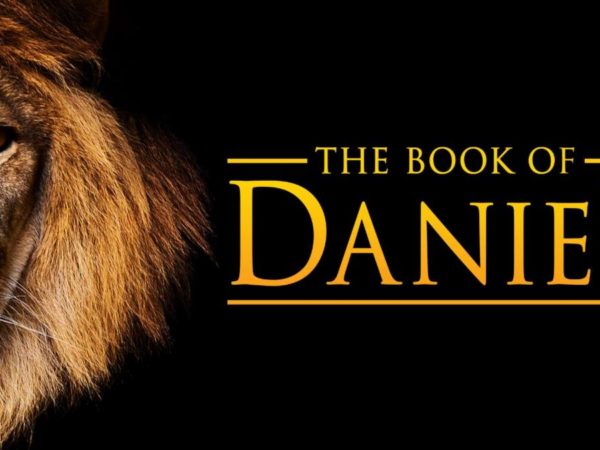My wife and I went to see the movie Bridge of Spies last night. This movie already serves as an instant memorial in my life. It was endearing. Nostalgic. Spiritual. Inspiring. Affirming in many ways. We watched the film at the Cleveland UEC Theatres (auditorium #4) in the luxurious new reclining seats. Amazing comfort!
Bridge of Spies is inspired by true events. It’s the admirable account of a man who reminds us that it doesn’t matter what other people think about you as long as you know in your heart that you did the right thing by living according to your values.
Tom Hanks plays James B. Donovan, the real-life civilian lawyer who negotiated a politically charged prisoner exchange during the Cold War. The film is packed with leadership lessons from start to finish. One line sums up the entire saga and it should sum up our lives as leaders: “Every person matters.”
People matter more than our positions and reputations. They matter more than our organizational structures, bottom lines, church models, perceived successes and failures, or our personal needs. I wrote about this subject in my book Shapers: Leadership That Rebuilds Lives, Restores Hope.
People matter so much that we must especially value those whom others don’t esteem as valuable. We must love the unlovable. We must stick our necks out for those on the margins of society who may be despised or overlooked by most. Jesus modeled this over and over again throughout his public ministry. Barnabas risked his reputation on Paul, whom other Christians didn’t take seriously at first. Later, Paul stuck his neck out for Onesimus—a fugitive slave who had stolen from his master (Book of Philemon).
Great leadership is about seeing worth in every person.
Bridge of Spies is a gem. It affirms that when we are doing our best to pursue justice for others, people won’t always get it. They will think we are crazy. But we must not do what is popular, but what is just and right. This will always call us out of our comfort zone and into complicated places. Donovan was put in a difficult place when he was called to defend an enemy of the United States—one that “cost” his family much risk and personal attacks. He answered the call with the utmost of integrity and honor. This call carries him all the way to unstable Germany to make a trade for the spy. He had to enter enemy territory to negotiate the trade.
Leadership is hardly safe.
It’s complicated and messy.
Donovan went the distance. We always do—when people matter more than profits!
After the exchange, the US pilot who was freed in the swap gets on an airplane and is seated next to Donovan. He tries to convince the others that he didn’t reveal anything while in captivity. He wants to defend his own honor… his reputation, but Donovan assures him this is pointless:
“It doesn’t matter what they think,” he says. “You know what you did.”
If you lead for any amount of time, you will face opposition that accuses you of wrongdoing. That hurts. Nehemiah experienced this deeply. However, in the end, all that matters is that you had the character to do what was right regardless of how others interpreted your actions. Their beliefs and thoughts about you carry zero weight into eternity. What you did matters.
When you put the dignity of people (all people!) at the forefront of your life’s work, you sleep very well at night. A good conscience makes for a soft pillow. Nehemiah didn’t pray, “Lord, remember this wall I built… this ministry I built… this church I planted… this religious empire I established.” He prayed, “Remember for my good, O my God, all that I have done for this people.” (Nehemiah 5:19)
What kind of difference might we make if we lived our lives each day with the intention of praying these kinds of prayers at night?
As the credits rolled, I took a moment to remember Nehemiah’s prayer in that theater: God, remember what I have done for this people.
What an awesome prayer to live for!
Bridge of Spies reminds us that faithfulness in the little things leads to responsibility in greater things. Donovan rescued two US captives in the film, but over the course of his life he would save close to 10,000 lives. The character he demonstrated in valuing two American captives plus the genuine dignity he offered to a dehumanized, despised Russian spy, would pave the road to greater leadership influence.
The stories of our lives need more characters like Donovan.
God’s story needs these kinds of characters.
The world needs these kinds of characters—those who value others and courageously do the right thing regardless of what others think about them. This is what character-based leadership is all about.

